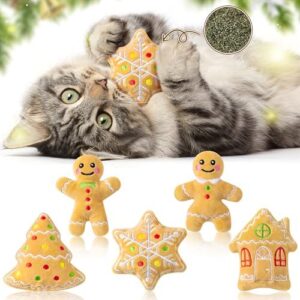
As our beloved feline friends age, it’s important to pay attention to any behavioral changes they may exhibit. Just like humans, senior cats can undergo changes in their personalities and habits as they navigate the challenges of aging. By being aware of these changes and monitoring your cat’s behavior closely, you can help ensure they receive the proper care and attention they need in their golden years.
So, what are some common behavioral changes to watch for in senior cats? Let’s take a closer look.
One of the first things to keep an eye on is any changes in your cat’s appetite and drinking habits. As cats age, they may experience a decrease in their appetite or thirst levels. If you notice your senior cat eating less, drinking more water, or refusing their favorite foods, it’s important to consult with your veterinarian. A sudden change in appetite could be a sign of an underlying health issue, such as kidney disease or dental problems.
In addition to changes in appetite, senior cats may also exhibit changes in their sleeping habits. While it’s perfectly normal for cats to sleep a lot, excessive sleeping or sudden changes in their sleep patterns could be cause for concern. Cats are creatures of habit, so any disruption in their sleeping routine could be a sign of stress, illness, or discomfort. Keep an eye on how much your senior cat is sleeping and if they seem more lethargic than usual.
Behavioral changes can also manifest in a senior cat’s interactions with humans and other pets in the household. If your once social and friendly cat suddenly becomes withdrawn or aggressive, there may be an underlying issue that needs to be addressed. Senior cats can become more irritable or anxious as they age, especially if they are experiencing pain or discomfort. It’s important to be patient and understanding with your senior cat and provide them with a safe and comfortable environment.
Another common behavioral change in senior cats is an increase in vocalization. If your cat starts meowing more frequently or loudly, it could be a sign that they are trying to communicate something to you. Senior cats may meow more often due to loneliness, confusion, or discomfort. Pay attention to the context in which your cat is vocalizing and try to address their needs accordingly.
Changes in litter box habits can also be a red flag for senior cats. If your cat starts urinating outside of the litter box, it could be a sign of a urinary tract infection, kidney disease, or arthritis. Additionally, if your cat begins to have accidents in the house or struggles to use the litter box, it may be a sign that they are having mobility issues. Keep a close eye on your cat’s litter box habits and consult with your veterinarian if you notice any changes.
Lastly, changes in grooming habits are another behavioral change to watch for in senior cats. Cats are known for their meticulous grooming routines, so any deviation from their normal grooming habits could be a cause for concern. Senior cats may have difficulty grooming themselves due to arthritis or other mobility issues, leading to unkempt fur or mats. Help your senior cat maintain their grooming routine by brushing them regularly and providing them with a comfortable and easy-to-access grooming area.
In conclusion, monitoring your senior cat’s behavior is crucial to ensuring their health and well-being in their golden years. By paying close attention to any changes in their appetite, sleeping habits, interactions with humans and other pets, vocalization, litter box habits, and grooming routines, you can catch any potential issues early on and provide your cat with the care they need. Remember, senior cats may require additional veterinary care and support to help them navigate the challenges of aging. By being proactive and observant, you can help your senior cat live a happy and comfortable life in their golden years.






